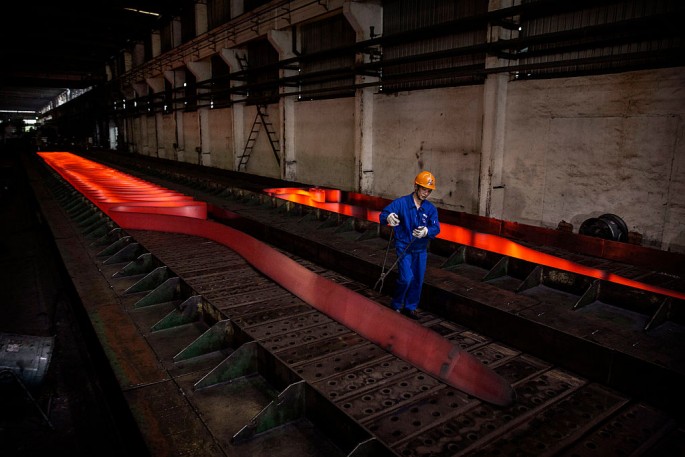China has started charging tariffs on steel imports from the European Union, United States, South Korea and Japan, according to an announcement by China's Ministry of Commerce on Sunday, July 24.
The announcement, which was made in the ministry's website, said that the levying on duties started Saturday, July 23, in which imports of grain-oriented electrical steel were charged duties ranging from 37.3 percent to 46.3 percent.
An article by Tim Worstall published in Forbes said that the move came as a reaction to the dumping imposed by other countries on China which it said was hurting the Chinese industry.
Xinhua reported that the duties were imposed after a long and detailed investigation by the Ministry of Commerce had found evidence of dumping.
The Forbes article said that China's move could be the start of a trade war that may affect the global economy such as the 1930s Depression or even worse.
China's latest move is part of the heated exchange with other countries over issues with the special metal known as oriented electrical steel.
The article saw this as a retaliatory move against similar duties imposed by EU in May last year on imports of Chinese oriented electric steel and products from other countries, with the aim to reduce competition for European products.
EU's decision to impose duties on imports, especially on China's oriented electric steel, has pushed China to conduct an investigation into imported products made by European manufacturers.
Countries should be more serious and mature, Worstall said. He cited what economist Joan Robinson had pointed out that it was not reasonable that because one country has imposed tariff on another, he would do the same. He said that the purpose of an economic policy is to improve the lives of people.
According to Worstall, it was not a good idea for countries to place tariffs, whether it is punitive or not, on each other as it does not help consumers and the global trade. The practice of imposing tariffs to punish another country must be stopped before it becomes uncontrollable, the article added.



























